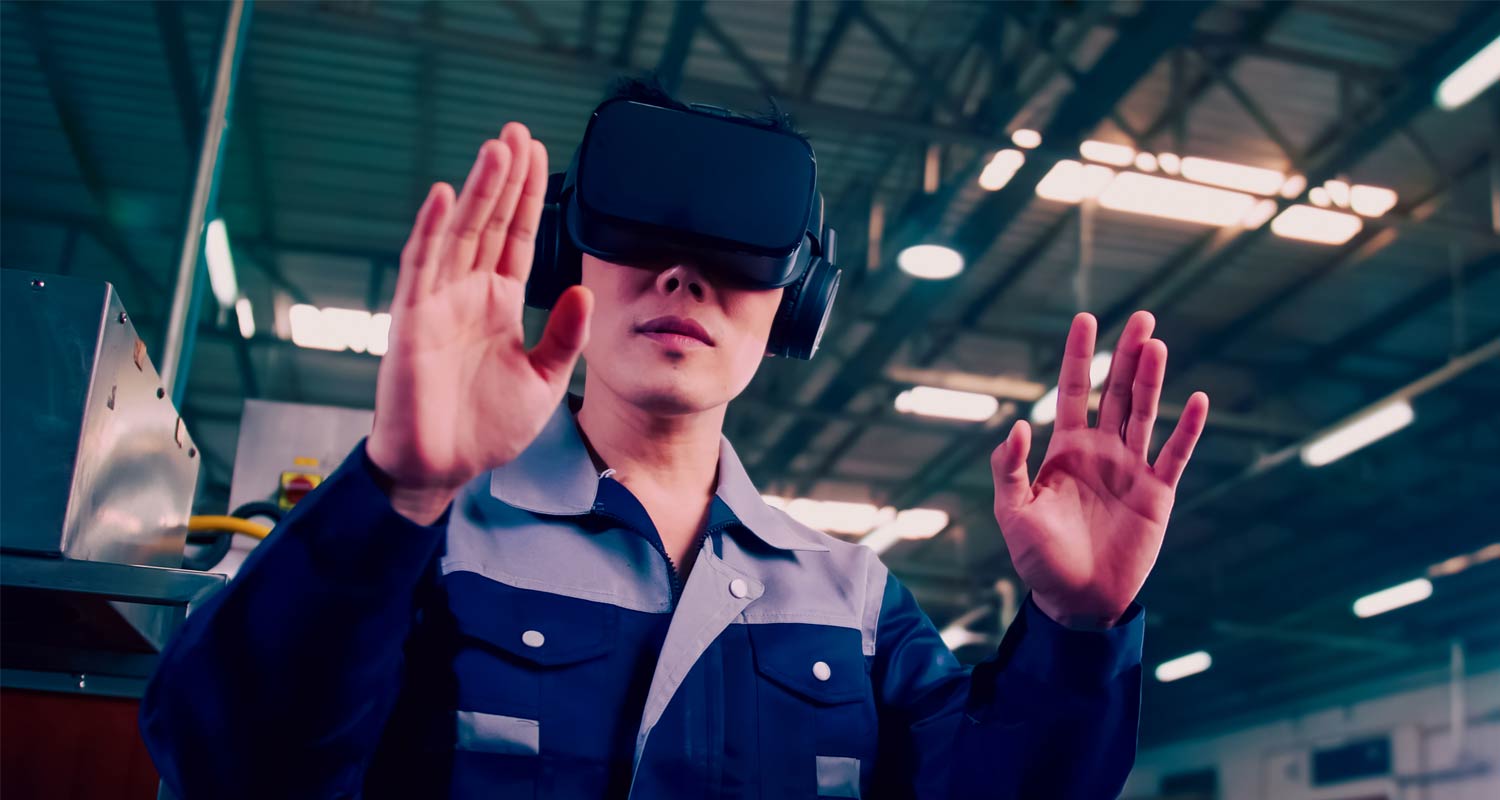Try our mobile app
JSE:AGL JSE:VOD JSE:AVI JSE:ISA

The metaverse isn’t dead. It’s just finding applications beyond the consumer use cases originally envisaged for the technology. The metaverse, in brief, is a set of digital environments that allow people to enjoy curated, immersive experiences through sensory interfacing devices such as virtual reality headsets and haptic gloves. The industrial metaverse is a subsector of the metaverse focused on simulating complex systems such as factories, cities and machinery to help people and organisations with the design and management of physical systems using immersive digital tools. South African companies are implementing subsets of these technologies to solve business problems “The real world is very messy and noisy, and sometimes hard to really understand,” said Danny Lange, senior vice president of artificial intelligence at Unity Technologies, a platform for creating and growing real-time 3D content. “The idea of the industrial metaverse is to create a cleaner connection between the real world and the virtual world, because the virtual world is so much easier and cheaper to work with.” Using industrial metaverse technology, design teams can interact with 3D virtual prototypes as if they were physical without incurring the full cost of production. Another example are factories that can run multiple machine configurations to figure out how to optimise production and only change the real-world factory floor once an optimal configuration has been found using the virtual version, or “digital twin”. Digital twins are a core industrial metaverse technology along with virtual reality, augmented reality, AI and machine learning, extended reality, blockchain, and edge computing. The convergence of these technologies is where the industrial metaverse is expected to show its true potential, but as it stands, only a small number of South African companies are implementing subsets of these to solve business problems. Here are some standout industrial metaverse projects: Vodacom Group: digital twins and AI for network management In November 2023, TechCentral reported that Vodacom Group had partnered with American chip maker Nvidia in an effort to use AI and simulation techniques to improve its tower management capabilities in Cape Town. The project uses a digital twin of Vodacom’s network in the Mother City to run multiple alternative configurations of the network in real time. According to Vodacom Group head of technology strategy Ryan van den Bergh, humans interfacing with the system decide which configurations to implement and which not to. But the AI working the system is, theoretically, good enough to run the network by itself. Although the digital twin has proven to be useful to the operator, the virtual version of its network is computationally intensive. The associated costs prohibit the expansion of the project to other cities. “We like to experiment with new technology so that we know what is out there and what we can do with it. Maybe the costs will come down in future and we’ll decide on a groupwide roll-out,” said Van den Bergh. STS3D – VR and AR for mining training simulations STS3D , or Simulated Training Solutions, is a Pretoria-based company that employs immersive technologies such as VR and AR to simulate underground mining environments to train staff on various topics such as blasting, drilling and the handling of heavy machinery underground – all with health and safety as an overarching principle. The simulations recreate environments that are otherwise impossible to replicate in real life, making it difficult for trainees to acquire real-world experience without the use of metaverse technology. “The VR stope (virtual mining excavation) is the best practice that you can get. In the old days, we just did theory, teaching people theoretically but not physically. What we are doing with VR is almost the same as on-the-job training,” said Zanie Zanendaba, HR development coordinator at Siyanda Bakgatla platinum mine, about the STS3D training system. STS3D’s clients span six continents, with South African organisations including Anglo American and the University of Pretoria’s mining engineering faculty among them. With the mining space mastered, the company now has its sights set on applying its expertise in VR and AR in the medical, transport, warehousing and retail environments. Many companies are overwhelmed by the complexity and speed of innovation in the industrial metaverse However, despite a few pioneering initiatives, the industrial metaverse is still in its infancy, both locally and internationally. As such, little effort has been made to develop governance frameworks or industry standards that will ensure that various solutions are interoperable and easily scalable. The World Economic Forum has created a Defining and Building the Metaverse initiative to bring industry stakeholders together to “define the parameters of an economically viable, interoperable, safe and inclusive metaverse”. But challenges beyond governance and standardisation also exist. “Many companies are overwhelmed by the complexity and speed of innovation in the industrial metaverse,” said the WEF in a statement. Key changes Hinderances aside, industry experts advise that organisations develop a strategy that is specific about the kind of value the business aims to unlock from industrial metaverse technologies. The low-hanging fruit in this space are the enhanced collaborative capabilities that immersive technologies have to offer. “How do you get people to work together virtually so that they can have real immersive experiences without having to travel?” said Ian Fisher, head of product management visualisation at Siemens Digital Industries Software. “That will be one of the key changes we see with the metaverse: people working much more closely together, but without having to necessarily travel.” — © 2024 NewsCentral Media Get breaking news alerts from TechCentral on WhatsApp